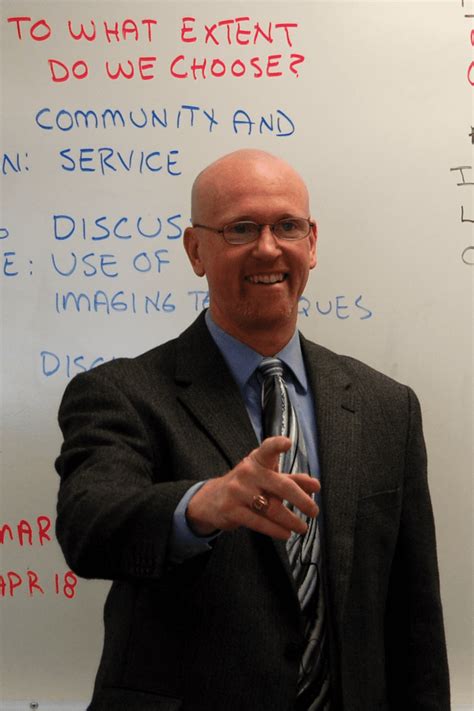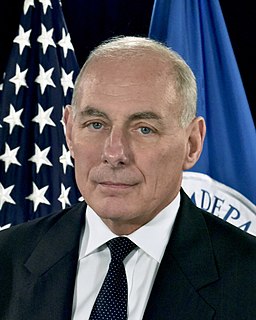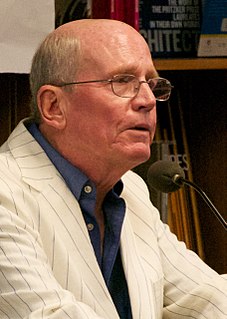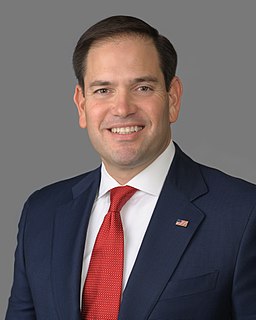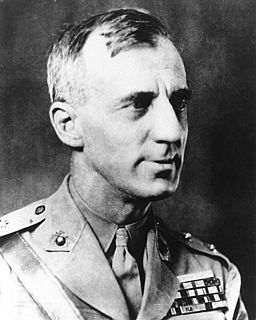A Quote by Paul Yingling
The intellectual and moral failures common to America's general officer corps in Vietnam and Iraq constitute a crisis in American generalship. Any explanation that fixes culpability on individuals is insufficient. No one leader, civilian or military, caused failure in Vietnam or Iraq. Different military and civilian leaders in the two conflicts produced similar results. In both conflicts, the general officer corps designed to advise policymakers, prepare forces and conduct operations failed to perform its intended functions.
Quote Topics
Advise
America
American
Any
Both
Caused
Civilian
Common
Conduct
Conflicts
Constitute
Corps
Crisis
Culpability
Designed
Different
Explanation
Failed
Failure
Failures
Forces
Functions
General
Individuals
Insufficient
Intellectual
Intended
Iraq
Leader
Leaders
Military
Moral
Moral Failure
Officer
Operations
Perform
Policymakers
Prepare
Produced
Results
Similar
Two
Vietnam
Related Quotes
Before I became President, in the aftermath of the Vietnam War, there had been fairly dramatic, and I think excessive, reductions in the capability of our military forces, and as a former military man myself - I was a professional naval officer, a submarine officer - I thought it was better, on a step-by-step, very carefully planned way, to increase the technical, or technological, capability of our weapons systems.
Yes and no. Because America has only about 1 percent of the population serving in the military, it is hard for many civilians to understand the sacrifices military families make. However, my experience is that after the Vietnam War, the public learned that they should support the military whether or not they support the war. You've seen that outpouring of support for the veterans of both Iraq and Afghanistan.
There is a residual sense for me, having grown up in the early '70s, that I did not know I had, which was a sense that the military are different than I. Because there was such a divide between the military world - and there still is, because there's no draft - and the civilian world is one of the rotten harvests of the Vietnam War, was this sort of bifurcation of America in that way.
The world understands that our country could solve all conflicts with military solutions, but we won't because we have leaders and we have a moral responsibility but we have also have a political - we have a political leader who is scared and who is raised on the idea that American force is the true evil.
I have two sons. Both served. One as a marine officer in Iraq, one as an army officer in Afghanistan. I do not see - want to see one parent or loved one worrying about getting a call in the middle of the night. I would not place one American life at risk unless it was absolutely necessary. But to destroy ISIS, it is necessary.
